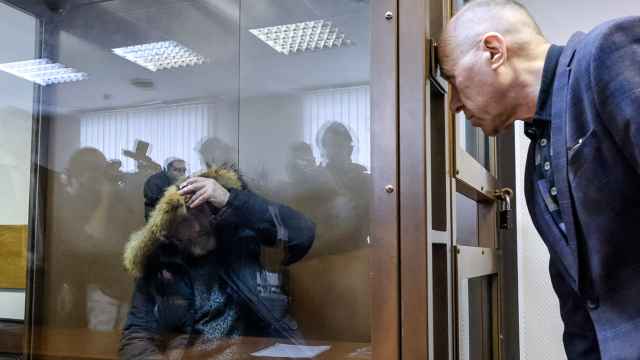
Vladimir Tchikine
Partner
Goltsblat BLP
Many companies engaged in importing production equipment in circumstances where it cannot, for logistical reasons, be delivered as a single consignment and needs to be imported over an extended period in a series of deliveries.
Since 2001, there has been a specialized customs clearance procedure for such equipment, which considers the specific logistics involved (April 23, 2001, No. 388 "On approval of the Instruction on the procedure for classification in accordance with the TN VED, customs clearance and customs control with respect to vehicles supplied in the form of separate components"). This allows companies planning delivery of complex production lines to apply to the Federal Customs Service for all components and units to be classified under a single customs code. The single customs code has the benefits of:
- simpler and faster customs clearance and preclusion of local customs disagreeing with the customs code;
- substantially reduced customs duties and VAT, since single-component duties (declared separately under component codes rather than a line code) are usually higher; and
- much less certification where applicable: one certificate of compliance for the whole line is sufficient for entry.

Alexander Kirilchenko
Associate
Goltsblat BLP
After the FCS determines a classification, the importer applies to local customs for permission to use the special procedure, i.e. to have the imported components conditionally released to the plant without customs payment, before carrying out final customs clearance and payment, as an integral production line, only once all components have been imported.
Making Things Easier
On April 30, 2011, new rules came into force for customs clearance and importation of production equipment with most changes benefiting importers and simplifying import conditions, but with some specific changes that need to be considered when planning equipment deliveries (Articles 107 and 215 of the Federal Law "On Customs Regulation in the Russian Federation". Order of the FCS of Russia of Feb. 4, 2011, No. 206 "On approval of the Instruction on the specifics of completing an application for conditional release (application for release of a component of an exported good) and goods declaration"). These changes include:
- Expanding the range of equipment that may be imported under the specialized procedure.
- Local customs simply needs to be informed of the start and duration of deliveries, no permit is necessary.
- Increased component delivery time frames from six months up to one year, with three-year extension capacity.
- Grounds for amending a FCS of Russia classification decision have been expanded to include: changes to foreign trade contracts regarding equipment and components; and typographical or other errors in either the applicant's documentation or the classification decision.
Managing Equipment Import. Weighty New Requirements
The new rules require that equipment be counted either in pieces or in kilograms. Therefore the classification applicant must know exactly how many pieces of equipment will be delivered in the future and, where this is not possible, the weight of the components on the date of the application for the classification.
Old regulations' practices allowed the use of informal units of measure, e.g. a classification decision entry could read: bolts of iron, HS 7318.15, quantity one set. The reference to "one set" is no longer legal, and the applicant needs to know exactly, and in advance, how many kilograms of bolts will be imported. Although this is a straightforward requirement for standard items, the new requirement becomes particularly onerous where industrial scale machinery, often highly specialized and irregular, requires notification of a precise weight in kilograms in advance of packing, and accompanying documentation.
This means that companies importing production equipment need to pay close attention to components into which it can be broken down. Larger units that are difficult to transport are better broken down into smaller consignments that can be delivered at one time. But this needs to be planned for and done before any submission to the FCS in order to avoid having to amend the classification decision after end and/or keeping partially delivered equipment components at a bonded warehouse in Russia.
A Message from The Moscow Times:
Dear readers,
We are facing unprecedented challenges. Russia's Prosecutor General's Office has designated The Moscow Times as an "undesirable" organization, criminalizing our work and putting our staff at risk of prosecution. This follows our earlier unjust labeling as a "foreign agent."
These actions are direct attempts to silence independent journalism in Russia. The authorities claim our work "discredits the decisions of the Russian leadership." We see things differently: we strive to provide accurate, unbiased reporting on Russia.
We, the journalists of The Moscow Times, refuse to be silenced. But to continue our work, we need your help.
Your support, no matter how small, makes a world of difference. If you can, please support us monthly starting from just $2. It's quick to set up, and every contribution makes a significant impact.
By supporting The Moscow Times, you're defending open, independent journalism in the face of repression. Thank you for standing with us.
Remind me later.





